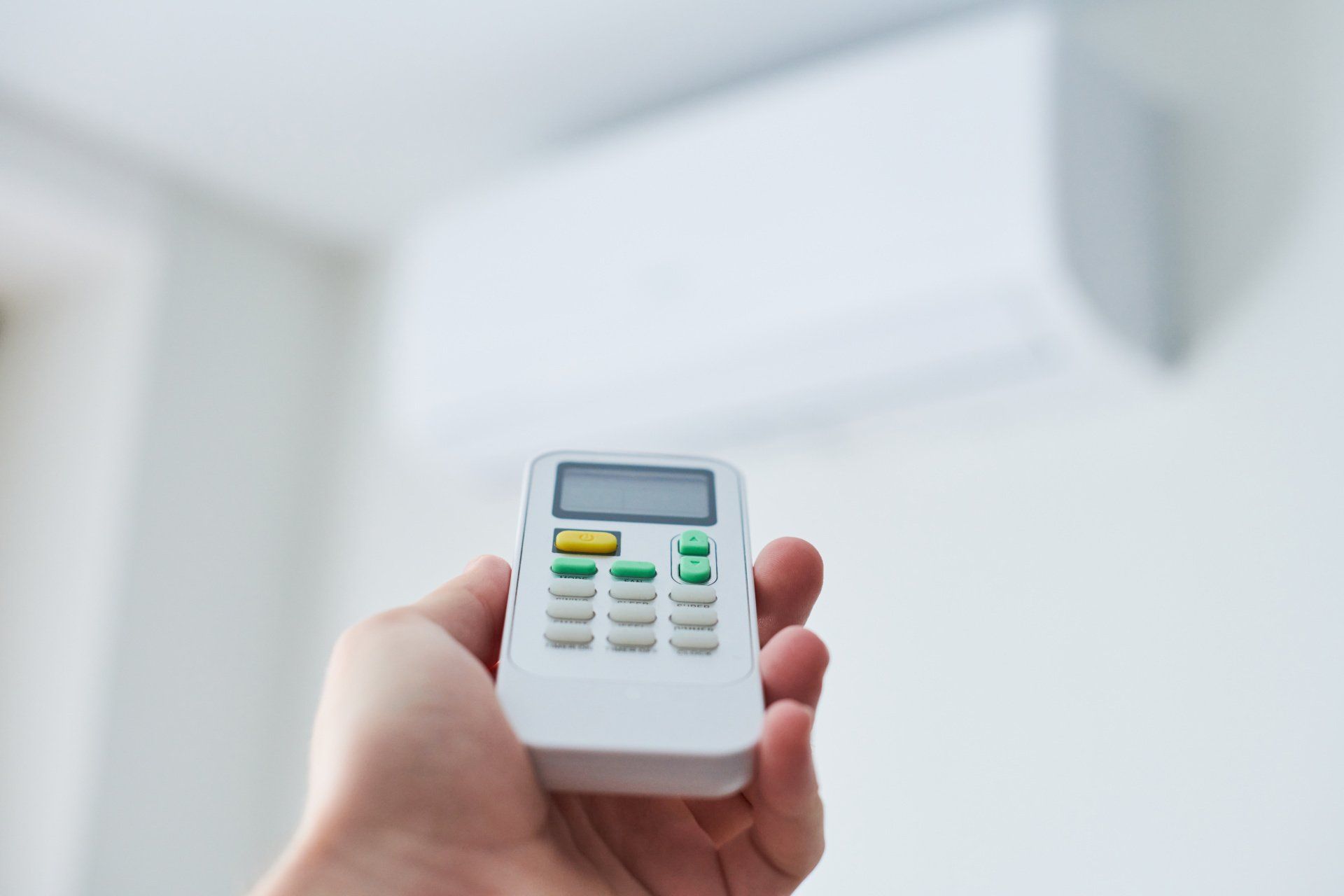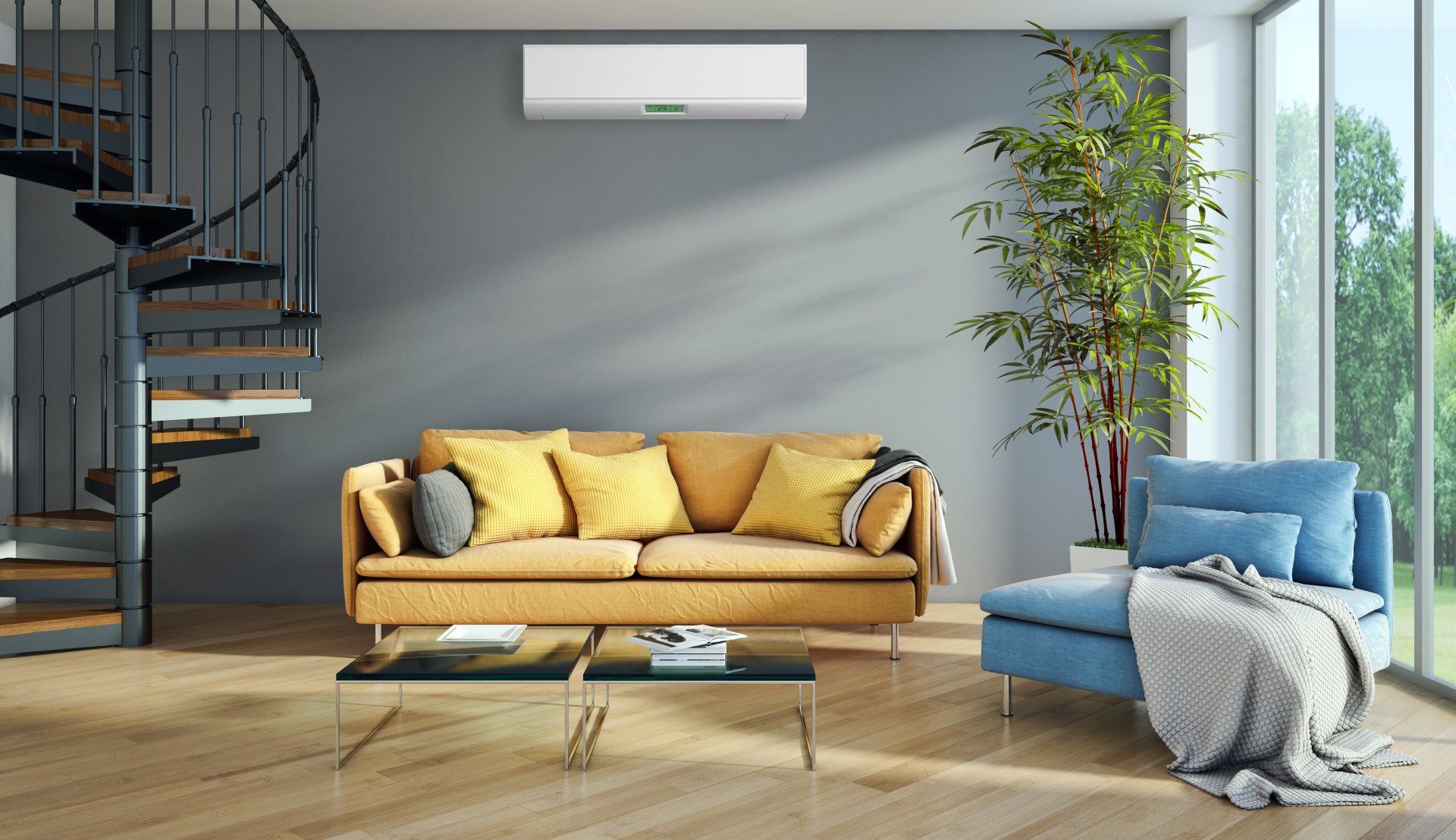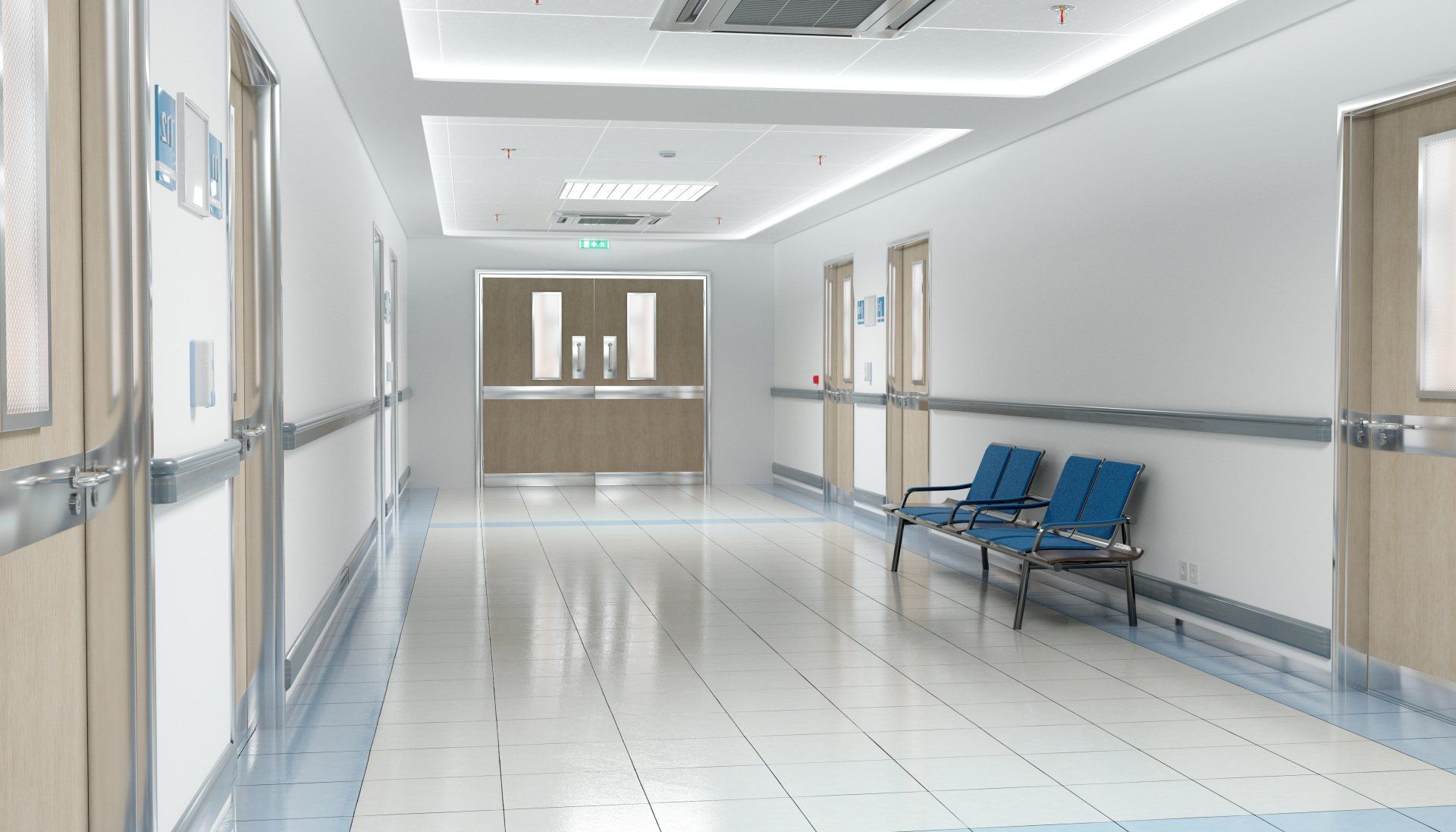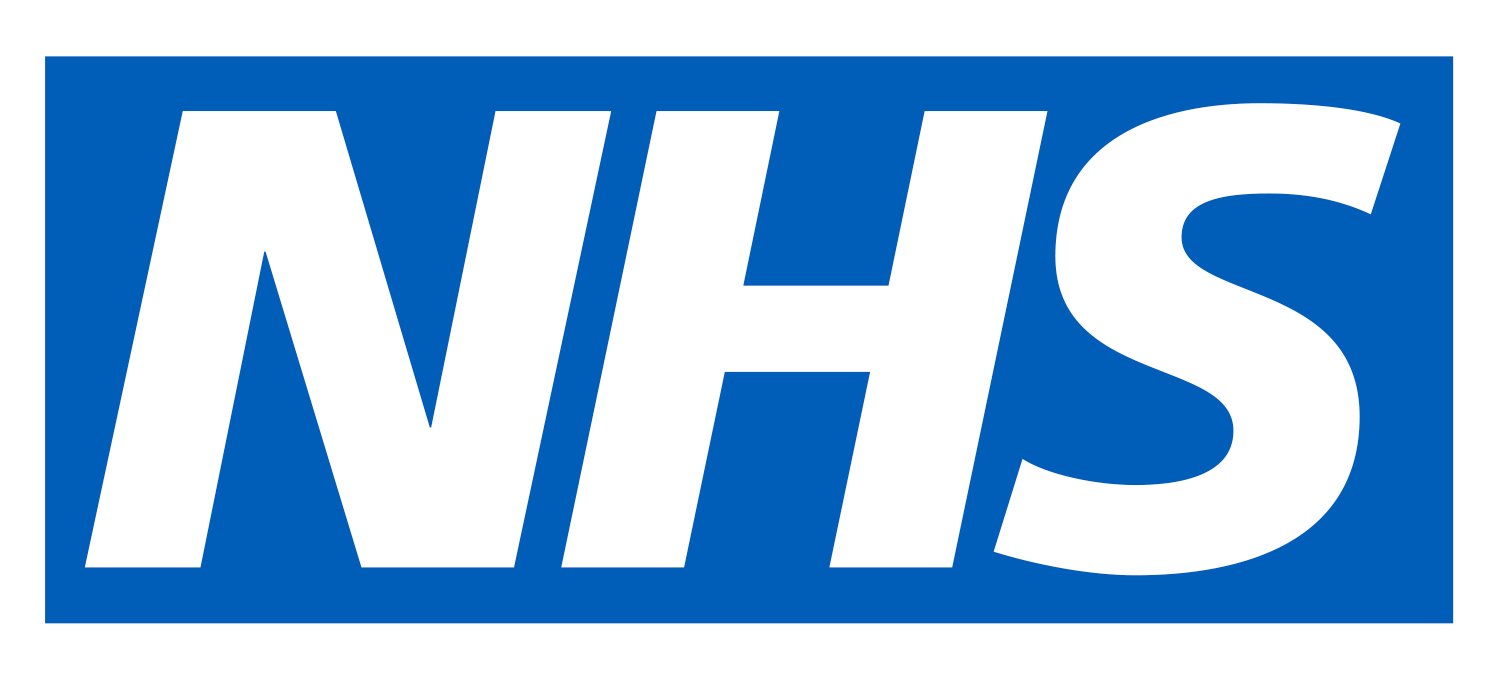5 key reasons air conditioning in hospitals is so important
5 key reasons air conditioning in hospitals is so important

It is easy to forget the air we breathe plays a central role in our health and wellbeing that’s why air conditioning in hospitals and other healthcare settings is so important.
In the unique setting of a hospital, temperature control takes on a different level of
significance. Filled with vulnerable patients as well as huge numbers of staff and visitors, hospitals across London and the UK are busy environments that must meet many different needs.
Whilst keeping vulnerable patients of all ages safe and well, hospitals must also ensure
climate control is comfortable and can be manipulated for many different purposes.
As a result, air conditioning in hospitals, GP surgeries, dentists, medical laboratories and
other healthcare setting across London and the UK must be designed and maintained to an extremely high standard.
As you would expect, any hospital air conditioning must also adhere to numerous legal
requirements and recommendations. Precision air conditioning, Air Handling Units (AHUs) and smart controls are all essential tools in any hospital air conditioning system.
Here are the 5 key reasons why air conditioning in hospitals is so important.
Why air conditioning in hospitals is important:
Consistent temperature: When we are ill, our bodies are highly sensitive to any change in temperature. In fact, a drastic fluctuation in our body temperature is often one of the main ways we know we are ill. That’s why maintaining a consistent temperature in a hospital environment is so important. Whether it is a sunny day or a cold windy evening, hospital staff need to know thei critically ill patients of all ages won’t be affected by temperature changes in the external environment.
From premature babies to patients with weak immune systems, those in intensive care and others who are elderly, hospital staff have a duty to ensure their patients are protected, safe and comfortable at all times.
Yet, it is not just patients that are affected by changes in temperature in a medical
environment. There are also drugs and medical equipment that can be adversely
affected if not kept at a consistent temperature.
2. Clean environment: Although hospitals are a sensitive environment, it is easy to
forget how many people come in and out of hospitals every day. Whether visitors,
staff or patients entering or exiting the hospital, hospitals are busy hubs of activity
and that means plenty of germs.
Hospital-quality air conditioning makes it possible for harmful germs, bacteria, spores
and unwanted odours to be quickly removed from the air and kept away from the
hospital community.
At the same time, these superior air conditioning systems use strong filtration and
robust air flow capacity to bring in significant quantities of fresh, clean air at the same
time.
3. Protect community: With so many people concentrated together in one place, most
of whom are seriously ill, the degree of pathogens in the air in any hospital is very
high.
Hospital air conditioning systems are incredibly well designed, super efficient and
easy to clean. In line with numerous regulations, any hospital air conditioning must
deliver outstanding levels of filtration and be constructed so it is really easy to
dismantle and clean safely.
In particular, it must be possible to detach and clean the duct network thoroughly,
following national procedures, to make sure harmful dirt and germs that build up in
these areas are removed safely.
The system you choose must legally be robust enough to guarantee the high levels
of external air intake, airflow control and filtration that is critical to the safety of the
hospital environment.
Legal documents such as the Infection Control Standard of HBN 00-09 and the
Health Memorandum dictate clear standards that must be followed to ensure any
hospital air con system adequately removes and prevents the spread of all bacteria,
spores and germs.
4. Climate control: To further complicate the issue, hospitals serve a multitude of
differing medical needs. Hospital air conditioning makes it possible for hospital staff to maintain different temperatures in different places.
For example, a neonatal unit needs to be kept at a different temperature to an
operating theatre or an infectious diseases unit. With hospital air con it is possible to
achieve, monitor and control these competing needs.
For example staff can:
- use smart controllers to precisely manage climate control in different rooms and areas.
- request bespoke designs to minimise draughts and air speeds.
- create schedules for varying times of the day or contexts.
- monitor temperatures and receive an alert if there are any issues within the system.
- This is really important because a change in temperature or fault in the system could have devastating consequences.
- keep track of when the system next needs cleaning.
- control energy costs and energy use.
5. Maintain air quality: Effective filtration in hospitals is incredibly important. Hospital
air conditioning systems make it possible for hospitals to maintain the high standards
of air quality necessary for such a sensitive environment.
High efficiency or HEPA filters in hospital air conditioning systems ensure the air
quality inside the hospital is kept at the safe levels it needs to be for the health and
safety of the entire hospital community.
With a superior, bespoke hospital air conditioning system it is possible to prevent
pathogens and odours from circulating and spreading. Without this, patients wouldn’t
get well and hospitals couldn’t be the safe sanctuaries they are now.
When we visit a hospital, it is easy to take the good air quality inside these huge,
enclosed spaces for granted. Yet without hospital air conditioning this wouldn’t be the
case.
With the advanced and strong air conditioning available for medical environments we
ensure the entire hospital community are able to enjoy a safe, clean and pleasant
environment without worry.
For a bespoke, hospital-grade air conditioning system for your healthcare provision, get in touch with us today. We are experienced providers of air conditioning for healthcare providers including, hospitals, GP surgeries, the NHS, dentists, clinics and other healthcare
provision across London and the South East.
Call us today on 01895 540 565 or visit our home page now.










